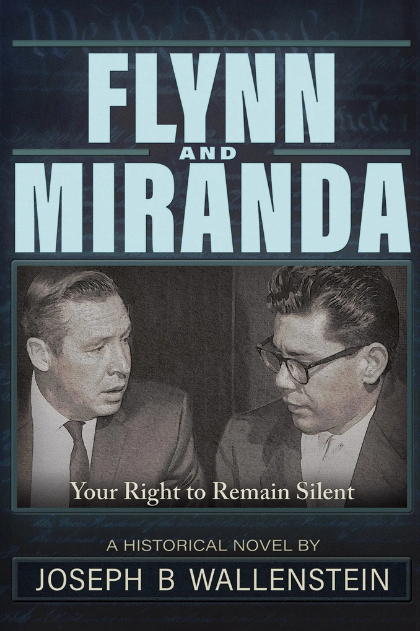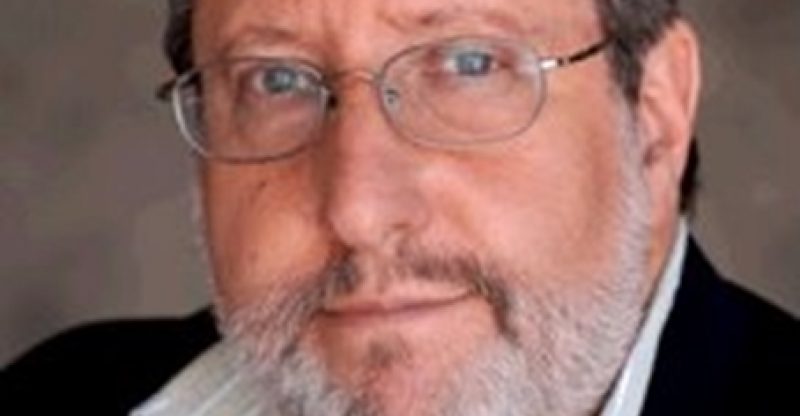The Journey 41. Joe Wallenstein: Your Miranda Rights
Joe Wallenstein (writer, producer, director) and publisher Kris Millegan discuss Hollywood, the suppression of true stories, and “Flynn and Miranda: Your Right to Remain Silent,” Joe’s historical novel about the men from opposite ends of the social spectrum who came together in a blazing moment of legal history that changed their lives and the lives of all Americans.

K: I’ve had a bunch of people try to make movies out of some of my books and they get stopped all the time.
J: You have to have A-list actors, A-list director. But the good news is that content is king. Time and technology have and are changing. Projects get made now that in the 80s and 90s would never have seen the light of day.
K: The executive producer for “24” called me up. He had seen how, quote-unquote, “they” were using “24” to propagandize the American people. And he started looking around for real books. And he found some of ours. And all of a sudden, it just broke loose. He had people just walk in the door of his place and say, “You can’t make that movie.” Then he calls me up and says, “There’s this white SUV chasing me all around town.” And then finally he calls me up and says, “I’ve got to go on a sabbatical.” His wife got met on a street corner and this guy told his wife, “You know, we’re going to kill your husband, if he doesn’t stop what he’s doing, and you, too. What are your children going to do?” And then he called me back in two weeks and says, “Well, I guess we’re just making Will Ferrell movies.”
How did you come to write “Flynn and Miranda”?
J: I got interested in the subject the night Miranda was killed. Two o’clock one morning, I heard on the radio that Miranda had been killed. And when the police caught the suspects, they didn’t have their Miranda cards. But they found one in his pocket. Because he’d been selling them as souvenirs. And they read the suspects their rights in the name of the man they had just killed. And it just sparked my interest. [I found my way to John Flynn, Miranda’s attorney in his appeal to the Supreme Court.] I said to him, “You must have been asked about this case a thousand times.” He goes, “I was asked about this case a thousand times. But Joe, you’re the only guy who ever came and asked me about the price I paid.” And I thought, “There’s my hook. It’s about him.” Miranda was a criminal. The Miranda decision was not about guilt or innocence. It was about fairness. And Flynn was fighting for fairness. And he paid a lot of dues.









